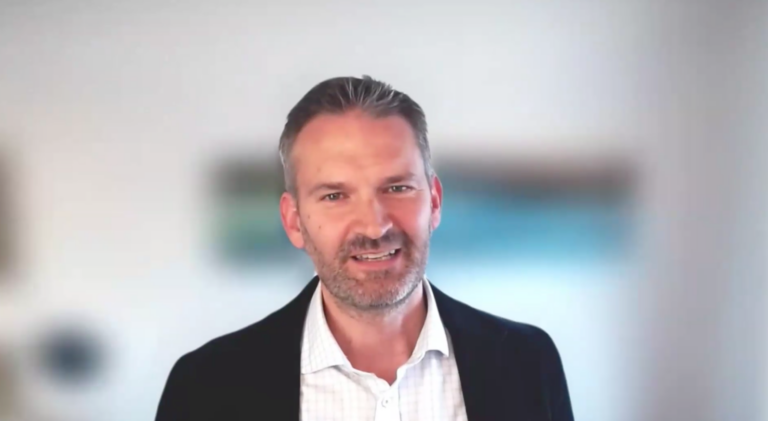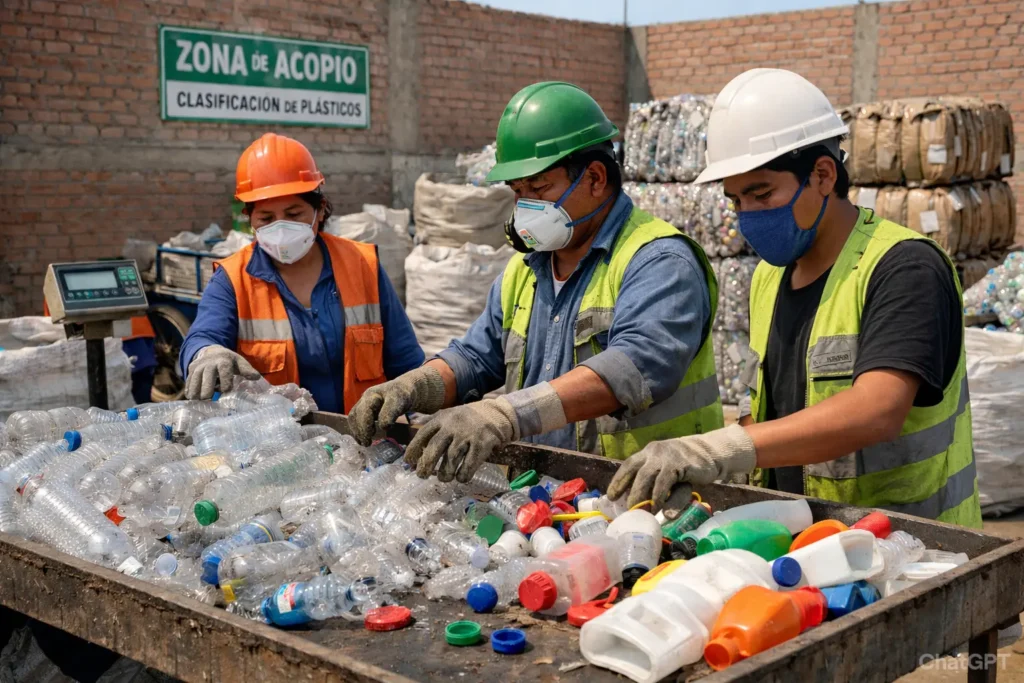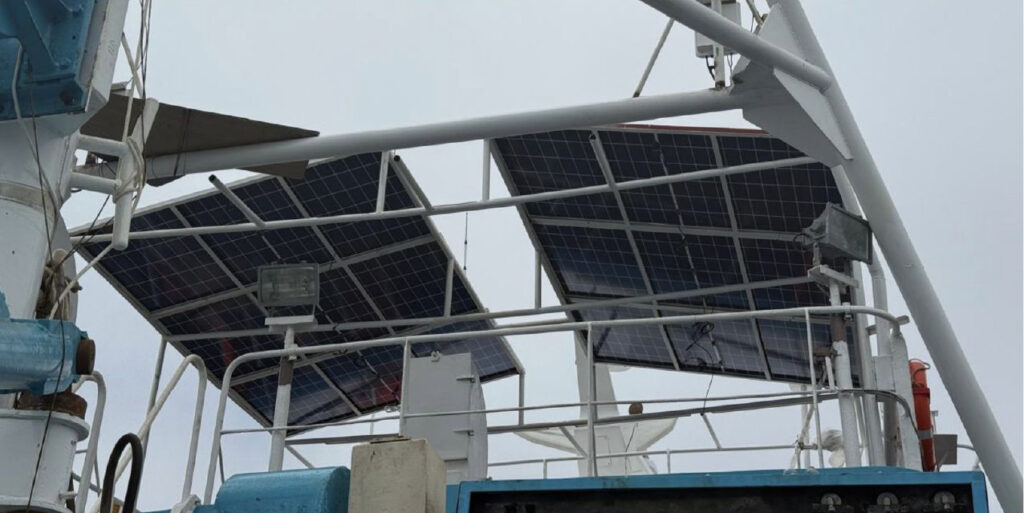nexos+1 Latam Forum was attended by 1,700 people, including business leaders and sustainability experts, to discuss how the businesses in Latin America can drive climate action and build a low-carbon economy. This event, which focused on accelerating decarbonization and strengthening climate resilience, was attended by leading figures such as María Paula Duque from Microsoft, Tim Christophersen from Salesforce, Daniel O'Brien from PwC, Darice Gubbins from Credicorp, José Monzón from Engie, David Caro from Toyota, among others, and co-hosted by Pia Zevallos, CEO of Libélula, and Pipo Reiser, founder and CEO of Sinba.
Technology, renewable energy and climate finance
The first day of the forum began with an inspiring speech by María Paula Duque, Microsoft's sustainability leader for Latin America, who highlighted the importance of being sustainable at the individual and corporate level. "Being sustainable starts with the most important verb: to be. Each and every one of us must be sustainable. We are carbon emitting agents in everything we do."
Duque emphasized that sustainability data has gigantic potential for business, because no sustainability without data. Having real-time data allows more immediate action to be taken. Artificial intelligence, according to Duque, is a key enabler for a more sustainable planet, as it facilitates the collection and accurate measurement of data, which in turn enables more effective actions to be taken.
Along the same lines, José Monzón, Engie's commercial manager, spoke about his company's commitment to the energy transition and decarbonization: "Engie has the goal of reducing 90 % of our emissions by 2045 with the Science Based Targets guideline. We will continue to drive the growth of renewables globally."
Monzon highlighted the Latin America's potential to lead in renewable energieswith significant projects in Peru, Brazil, Chile and Mexico, and ambitious expansion plans through 2030.
David Caro, Corporate Affairs and ESG Manager of Toyota del Perú, presented the company's strategy to achieve carbon neutrality by 2050, stressing the importance of adapting technologies to local realities: "In Colombia, 23 out of every 100 vehicles are electrified thanks to an aggressive push by the government. We are introducing hybrid and plug-in vehicles according to the needs of each country."
On the other hand, Gerardo Moreno of the BCP highlighted the crucial role of climate finance in the sustainability agenda: "As a bank, we understand that investing in decarbonization and resilience projects is an excellent business opportunity. It is up to us to lead in relevant issues for the country's agenda, and the environmental issue is undoubtedly one of them".
Companies are embracing new technologies, sustainable financing strategies, and governance practices that prioritize the transparency and collaboration. In the words of Gustavo Guerra, climate communication expert at País Circular: "The era of full transparency is here, and it is essential that companies communicate their sustainability efforts in an authentic and effective way."
Action for nature and governance for sustainability
The second day of the forum focused on the growing importance of the action for nature to address the climate crisis and to increase corporate resilience. Tim Christophersen, VP of Climate Action at Salesforce, stressed the essential connection between climate and nature. "Investing in nature-positive policies can generate more than ten billion dollars globally and create around 400 million new jobs. It's a profitable stock for business."
The discussion on the economic value of natural capital and its incorporation into business strategies was led by PwC's Daniel O'Brien, who emphasized the dependence of the global economy on natureMore than half of global economic activity is materially dependent on nature. It is crucial that companies monitor, analyze and disclose their risks and dependencies on biodiversity."
Finally, Credicorp's Darice Gubbins spoke about her group's efforts to be a leader in sustainable finance in the region, with a commitment to be carbon neutral by 2032: "Financial decisions are vital for the climate. Our investments and loans can finance emissions or drive decarbonization and ecosystem restoration projects."
Final reflection
nexos+1 Latam 2024 Forum demonstrated that the private sector in Latin America is taking significant steps to address climate change, the impacts of which are already here, and growing every year. "It is vital that companies identify and prioritize the most important climate risks to manage them with concrete actions and increase your resilience and that of the ecosystems on which they depend," concluded Pia Zevallos, CEO of Dragonfly.







